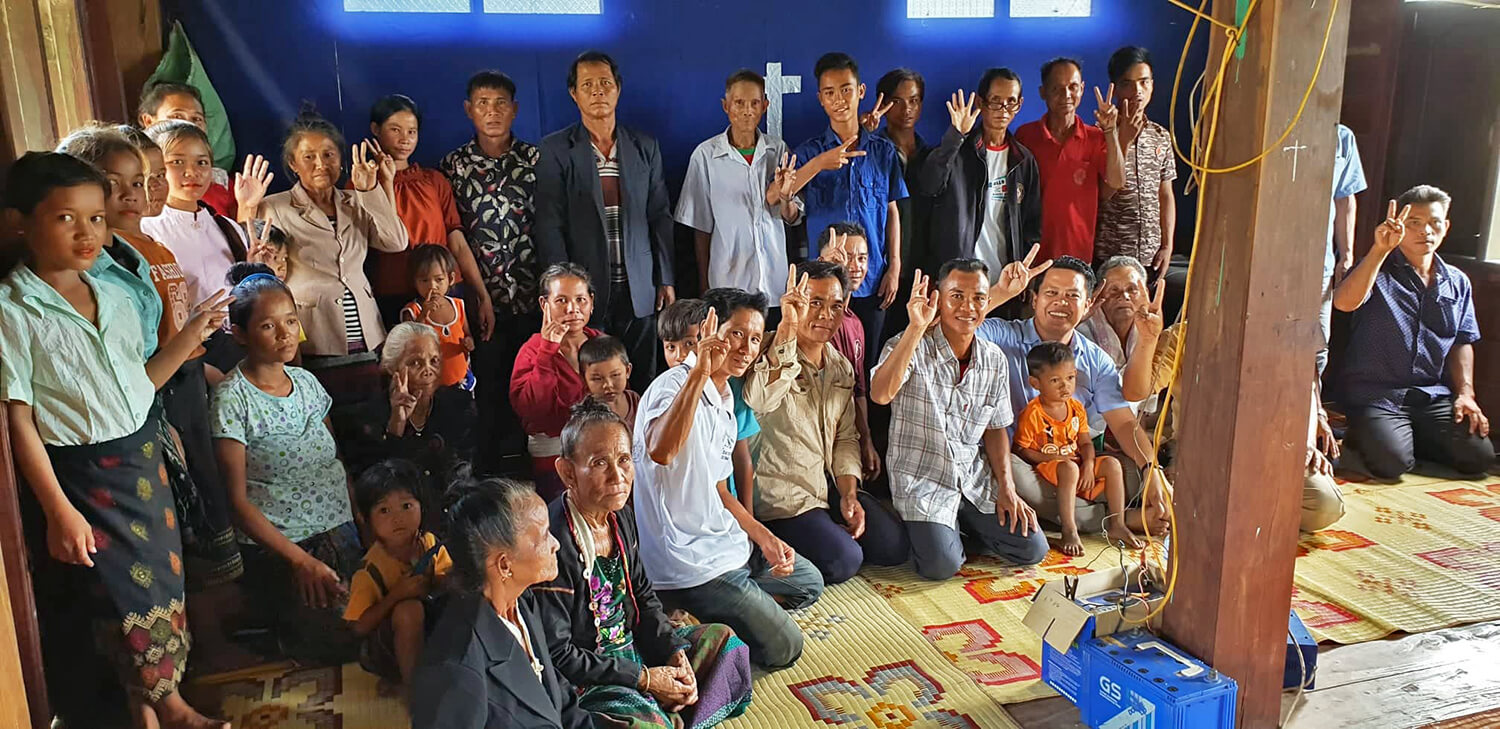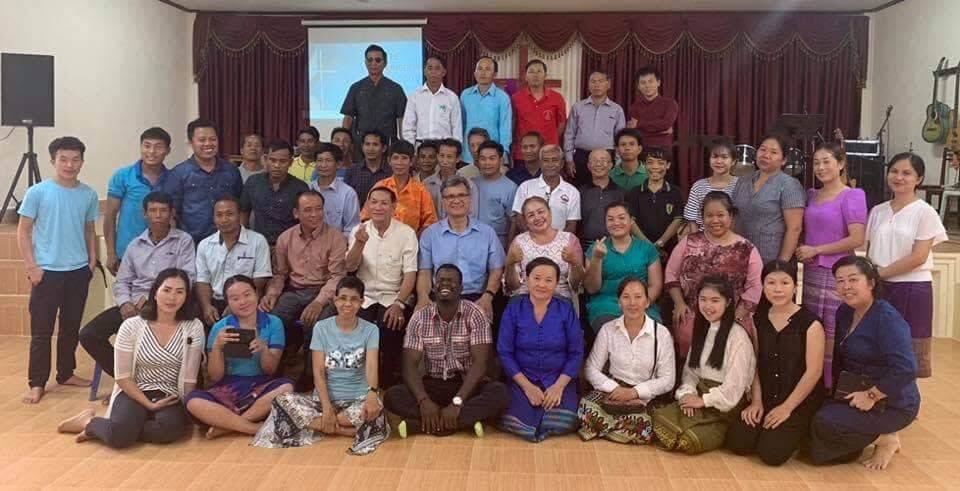
By Barbara Dunlap-Berg
October 23, 2019 | ATLANTA
Returning to the Philippines from an EarthKeepers roundtable in Liberia last year, the Rev. Israel Painit heard that three young adult missionaries had been detained by the government in his homeland. The two Global Mission Fellows and one Global Missionary were targeted for participating in an international ecumenical fact-finding investigation of alleged human rights violations, including the deaths of nine indigenous people.
Suddenly, Painit realized he could no longer ignore God’s nudges toward missionary service.
“Their ordeal,” he said, “impelled me to discern more” about becoming a missionary. He decided that if non-Filipino missionaries “were advocating for peace and justice, used by God to defend rights and help poor people in Mindanao, where I live, why could I not be a missionary, too? I decided to become a missionary.”
Because of the critical needs in his home country, Painit never imagined being a missionary anywhere else. “But God has a way of calling people to be God’s hands and feet in places where we are needed most,” Painit said. He was assigned to another part of Southeast Asia.
Painit’s journey toward missionary service actually began decades earlier.
As an infant, he narrowly escaped death in an accident that killed his grandmother and a brother. To transport their harvest, Painit’s parents loaded a bamboo raft with almost 100 bags of corn and several animals. The raft hit a huge rock in the middle of the river and somersaulted.
As Painit’s mother handed her seemingly lifeless baby to people on the shore, she exclaimed, “If you can save him, it would be a miracle!”
“When they baptized me,” he said, “they named me ‘Israel,’ so that when I grew up, I could become a pastor and lead people.” This miracle – literally a second chance at life – motivated Painit to pursue the ministry at age 16.

He admits his decision as a teen had less to do with God’s call to become a pastor and more to do with seeking a way out of poverty. The district superintendent’s promise of mission support was a big incentive.
Painit was a pastor for 25 years, including six as a district superintendent. He directed a mission center that focused on alleviating poverty and served on his annual conference Board of Church and Society. After receiving a scholarship to pursue a master’s degree in public administration, he was invited to participate in Global Ministries’ EarthKeepers program.
“Those roles,” he said, “taught me to be a risk-taker, engaged and responsive.” During his years as a district superintendent, the Kidapawan massacre in 2016 put his episcopal area into the limelight. “With my varied experiences,” he added, “Global Ministries maybe found me fit to lead a mission initiative in Southeast Asia.”
He considers his current situation “promising, with potential to expand because only 2% of the population are considered Christians. Motivation to do mission,” he believes, “should come first from the leaders as we inspire people to embrace change and possibilities.
“Our challenges continue,” he said. “While we have increased membership in some areas, we have had to give up some congregations and members because of various issues, still related to the issue of being a non-registered religious group. In many areas, they allow us to worship, but we are told not to evangelize to non-members or they will stop us in our ministry. Despite these realities, many of our pastors and members continue to be committed to The United Methodist Church and faithfully share the gospel.”
Painit admits that, initially, he was overwhelmed by his “gargantuan” new role. Still, he said, “I cannot discount the fact God has prepared me for the job. To put it simply, I am enjoying my ministry and putting to heart my commitment to advance the work of Christ in this place. As a result, we celebrate every triumph that God bestows.”
Barbara Dunlap-Berg is a freelance writer and editor for Global Ministries.

